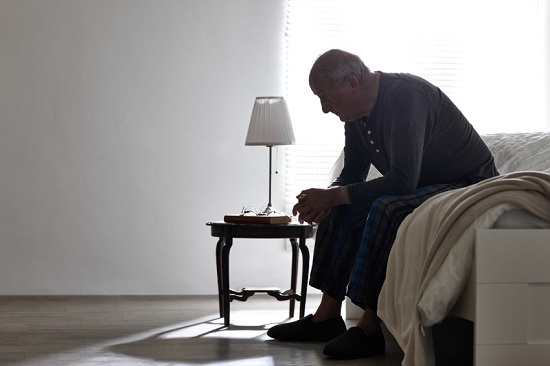
The effects of hearing loss appear obvious, including the frustration of the continuous battle to hear and the impact this can have on relationships. But what if the consequences went deeper, and could actually influence your personality?
Research from the University of Gothenburg indicates that this may be the case. The researchers studied 400 men and women aged 80-98 over a six-year time frame. The researchers assessed a number of physical, mental, social, and personality measures through the duration of the study, including extroversion, or the inclination to be outgoing.
Interestingly, the researchers couldn’t connect the decrease in extraversion to physical variables, cognitive decline, or social issues. The single factor that could be associated with the decrease in extraversion was hearing loss.
While people commonly become less outgoing as they get older, this study shows that the change is amplified in those with hearing loss.
The consequences of social isolation
Decreased extraversion, which can bring on social isolation in the elderly, is a major health risk. In fact, a meta-analysis of 148 studies analyzing the relationship between social isolation and mortality found that a shortage of supporting social relationships was correlated with increased mortality rates.
Additionally, social isolation is a major risk factor for mental illness, including the onset of major depression. Being less socially active can also result in decreased physical activity, leading to physical problems and weight issues, and the shortage of stimulation to the brain—typically received from group interaction and communication—can lead to cognitive decline.
How hearing loss can trigger social isolation
The health effects of social isolation are well-developed, and hearing loss seems to be connected to decreased social activity. The question is, exactly what is it about hearing loss that tends to make people less likely to be socially active?
The most evident answer is the trouble hearing loss can present in group settings. For individuals with hearing loss, it is often extremely challenging to follow conversations when several people are talking at the same time and where there is a lot of background noise.
The continuous battle to hear can be fatiguing, and it’s sometimes easier to forgo the activity than to struggle through it. Hearing loss can also be embarrassing, and can create a sensation of solitude even if the person is physically part of a group.
For these reasons, among others, it’s no surprise that many individuals with hearing loss decide to escape the difficulties of group interaction and social activity.
What can be done?
Hearing loss causes social isolation largely due to the trouble people have communicating and participating in group settings. To render the process easier for those with hearing loss, think about these guidelines:
- If you suffer from hearing loss, think about trying hearing aids. Today’s technology can treat virtually all cases of hearing loss, delivering the amplification required to more easily interact in group settings.
- If you have hearing loss, speak with the group in advance, educating them about your hearing loss and promoting ways to make communication easier.
- For those that know someone with hearing loss, try to make communication easier. Minimize background noise, choose quiet areas for communication, and speak directly and clearly to the person with hearing loss.
With a little awareness, preparation, and the right technology, we can all make communication much easier for those with hearing loss.